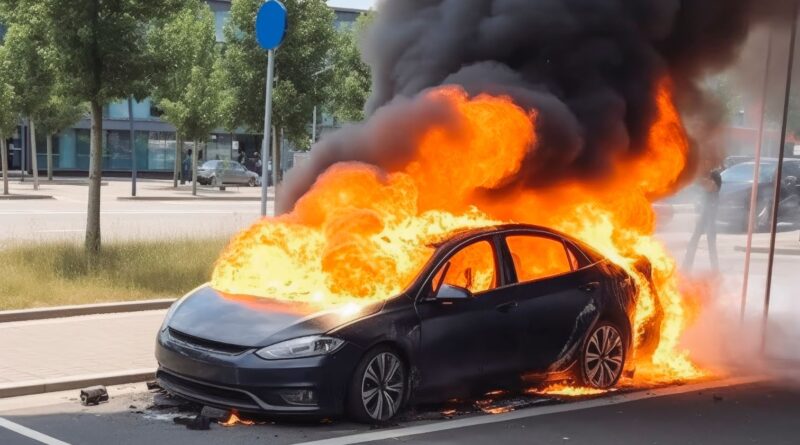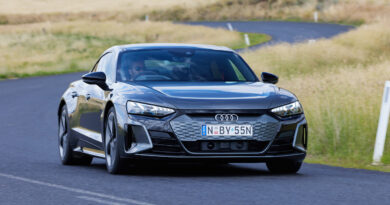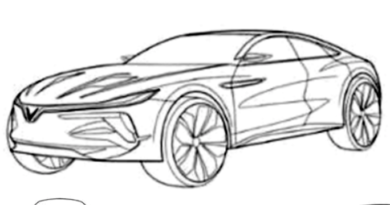ICE vehicles 80 times more likely to catch fire than electric cars
As a part of the media myself – and thus allegedly a purveyor of fake news and a habitually horrible human – it pains me to point out that large sections of the media seem to have a disturbing obsession with electric vehicles and the idea that they are basically big, dangerous fireworks on wheels.
So do EVs catch fire so often that they should come with a side serving of marshmallows? Are they more likely to catch fire than traditional vehicles with internal combustion engines (ICE)? Is this is all big, flaming fake news beat up?
Well, according to the good folks at Swinburne University who looked into this so that lazy journalists wouldn’t have to, the answer is that “electric vehicle battery fires are rare. Indeed, the available data indicate the fire risk is between 20 and 80 times greater for petrol and diesel vehicles. Fire risks are also greater for electric scooters and electric bikes.”
READ MORE: The ultimate guide to buying an EV in Australia: Everything you need to know
READ MORE: Electric car advice and FAQ: Your EV questions answered
READ MORE: Are EVs more of a fire hazard that ICE vehicles?
Swinburne also pointed out the Australian firm called EV FireSafe that tracks passenger electric vehicle battery fires globally (EV fire safe also has a heap of great info on thermal runaway as well as how to deal with EV fires).
Between 2010 and June 2023, its database recorded just 393 verified fires involving EV batteries globally, which doesn’t sound like that many when you consider there are 30 million electric vehicles in the world.
Again, between 2010 and 2023, Australia recorded just four EV battery fires; one of those was linked to arson and the other three EVs effected were parked in structures that burned down and thus destroyed the vehicles.
Which would suggest the fires didn’t start in the batteries.
Swinburne’s researchers also note a report from May 2023 from the Swedish Civil Contingencies Agency, which found that cars powered by internal combustion engines were 20 times more likely to catch fire than electric vehicles in Sweden.
Out of Sweden’s 611,000 electric vehicles there were 23 fires reported while the 4.4 million petrol and diesel vehicles recorded 3400 fires.
Despite these startling and stark figures, some people are properly paranoid about the danger of EV fires, and say they wouldn’t buy an electric car for that reason. I even met someone who said he won’t take his kids into an underground car park any more because he’s afraid there’ll be an EV fire or explosion in there.
Yes, electric fires are very bad – lithium ion batteries burn at extreme temperatures, can last for days and can be difficult to extinguish. Just like petrol and diesel fires they can also emit toxic gases, so, not great for fire fighters.
But they are not common, no matter what you might hear. Or fear.




